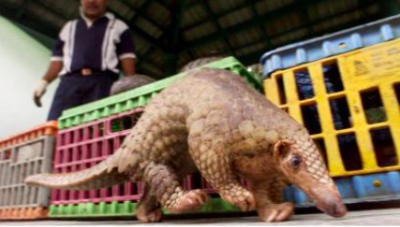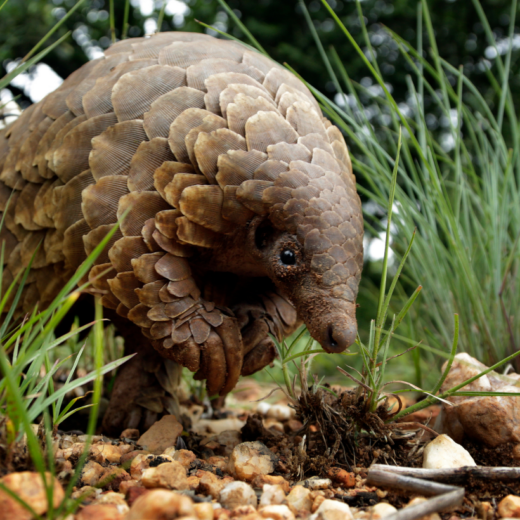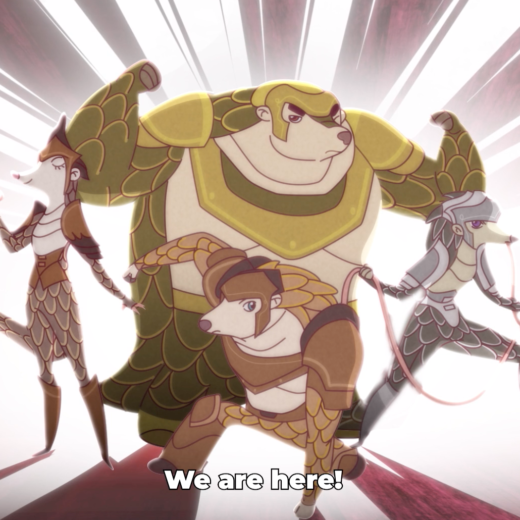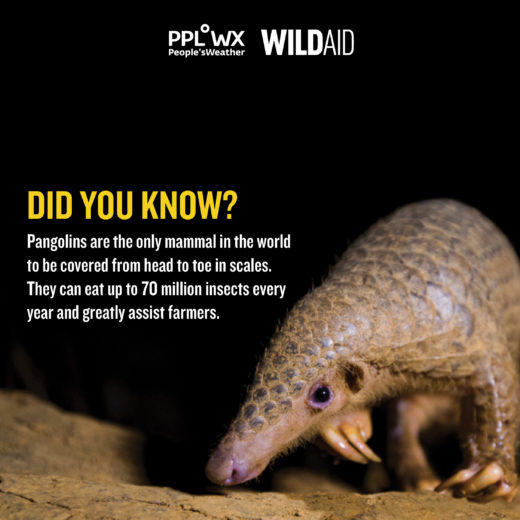
Endangered cutie.
By Hanna Kozlowska
In two hauls just several days apart this month, Singapore seized 28 tons (25.6 metric tons) of pangolin scales from traffickers. That’s more than authorities around the world intercept in a year, suggesting that one of the world’s most-trafficked mammals is sliding closer and closer to extinction.
The seized scales were worth around $77 million and could come from as many as 40,000 pangolins. The latest seizure comes after authorities in Hong Kong confiscated 9 tons of pangolin scales earlier this year.
In 2016, more than 180 governments signed a treaty to end the legal trade of the pangolin, to try to save the mammal, whose eight species range from vulnerable to critically endangered, according to the World Wildlife Fund. But the animals’ scales and meat are a valuable commodity in countries like China and Vietnam, making it heavily trafficked.
Many of the animals come to Asia from Nigeria and its neighboring countries. But what happens to the scaly creature could in large part depend on the Chinese government, Peter Knights, the head of WildAid, told CNN. If it bans the sale of pangolin parts—its scales are used in traditional Chinese medicine, while its meat is considered a delicacy—it could help save the animal.
The pangolin is a mostly nocturnal animal that likes to eat ants and other critters by picking them up with its tongue. It defends itself by rolling into a ball that’s shielded by its sharp scales.
Stay in touch and get the latest WildAid updates.
SIGN UP



